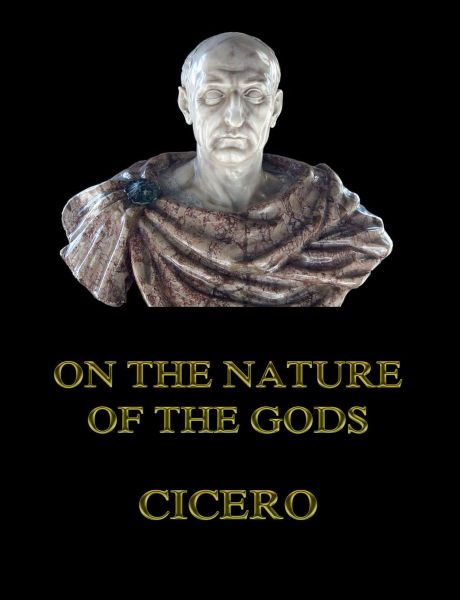On the Nature of the Gods
Cicero's religious belief, so far as we can gather it, was rather negative than positive. In the speculative treatise 'On the Nature of the Gods,' he examines all the current creeds of the day, but leaves his own quite undefined. The treatise takes the form of an imaginary conversation. This is supposed to have taken place at the house of Aurelius Cotta, then Pontifex Maximus—an office which answered nearly to that of Minister of religion. The other speakers are Balbus, Velleius, and Cicero himself, — who acts, however, rather in the character of moderator than of disputant. The debate is still, as in the more strictly philosophical dialogues, between the different schools.
weniger anzeigen expand_lessVersandkostenfreie Lieferung! (eBook-Download)
Als Sofort-Download verfügbar
- Artikel-Nr.: SW9783849651633110164
- Artikelnummer SW9783849651633110164
-
Autor
Cicero
- Mit Charles Duke Yonge
- Wasserzeichen ja
- Verlag Jazzybee Verlag
- Seitenzahl 236
- Veröffentlichung 14.03.2018
- Barrierefreiheit
- ISBN 9783849651633
- Mit Charles Duke Yonge

